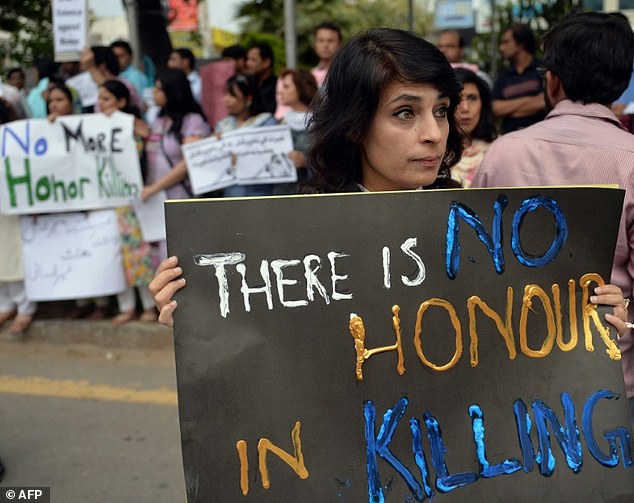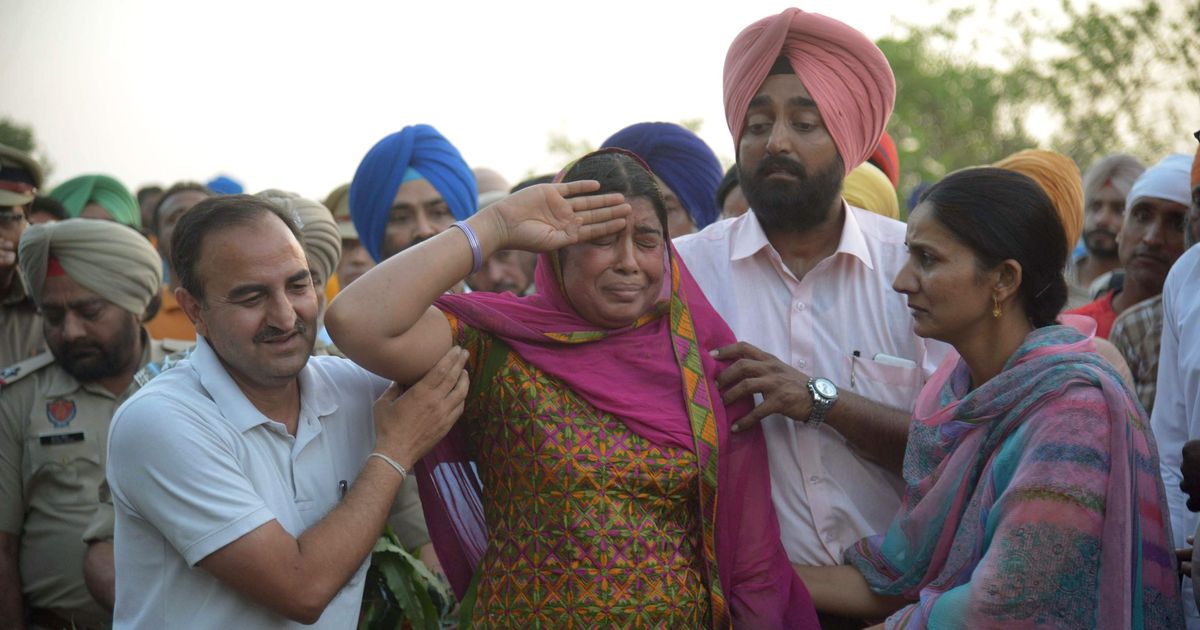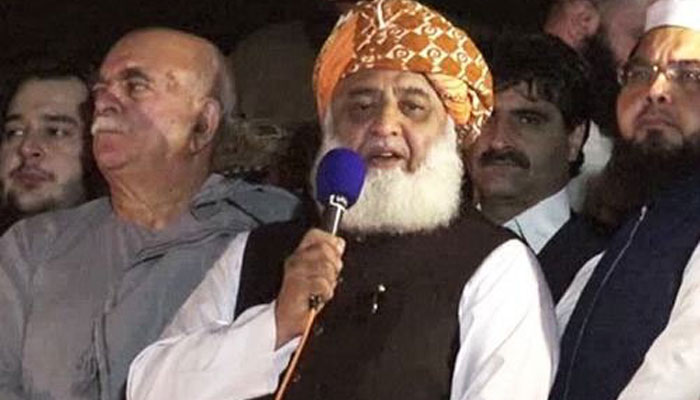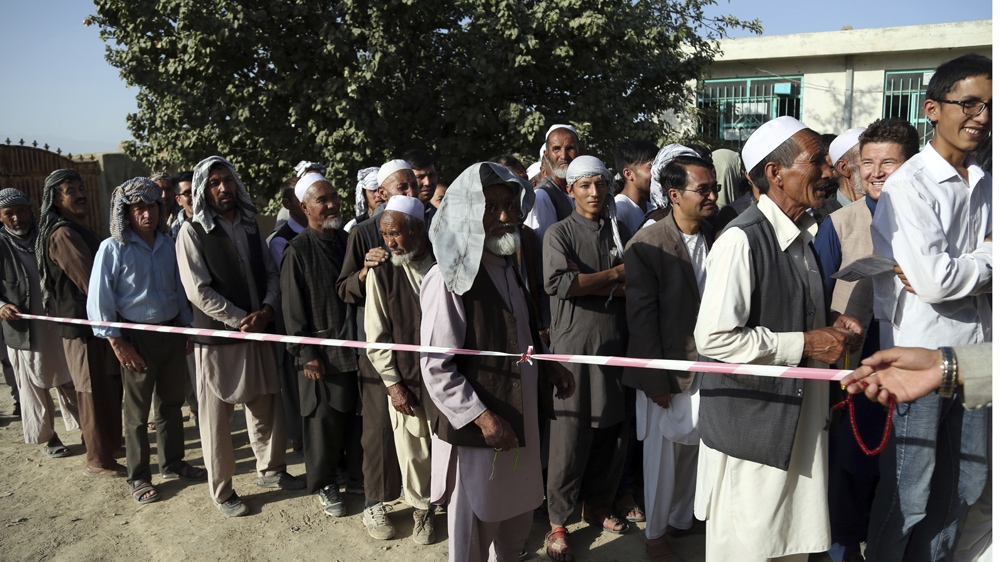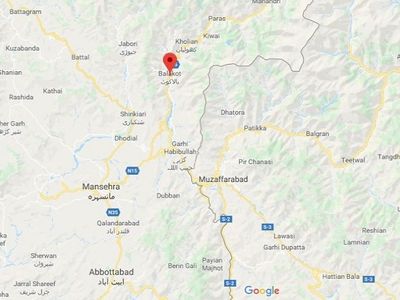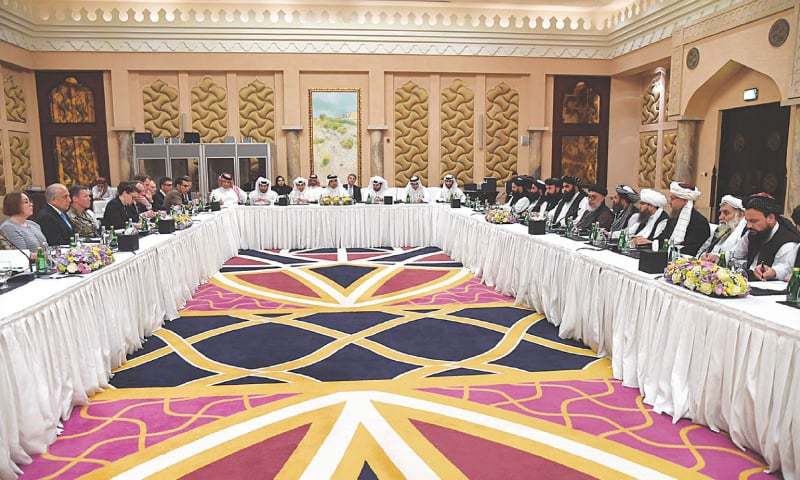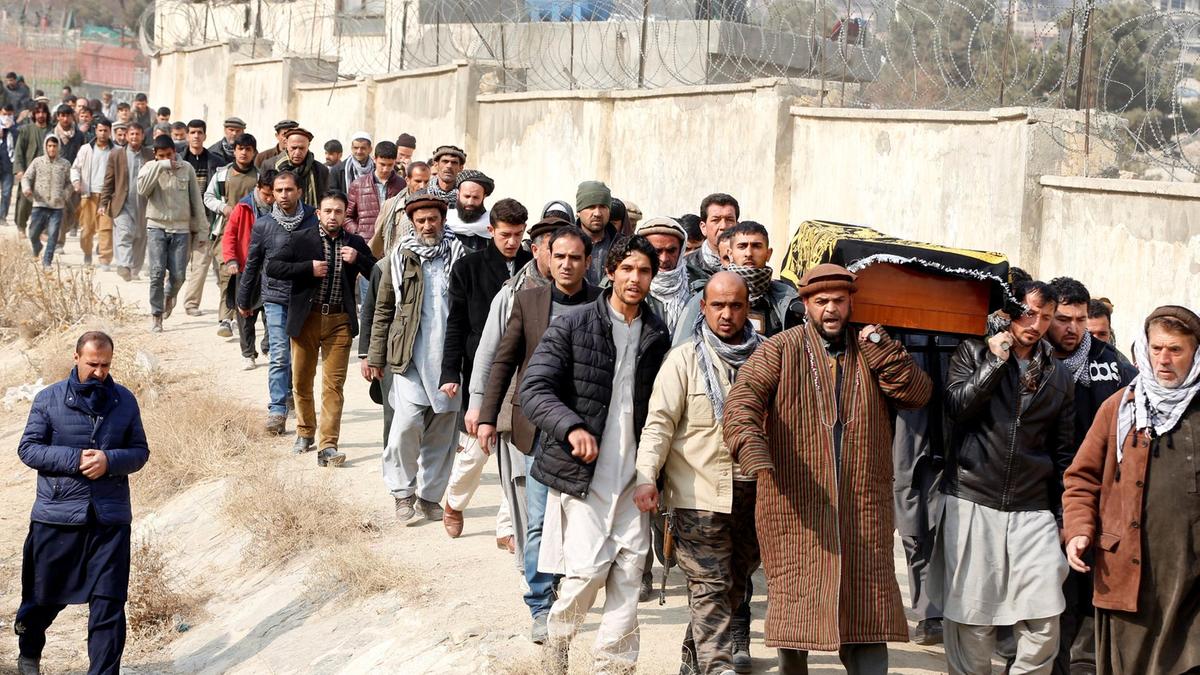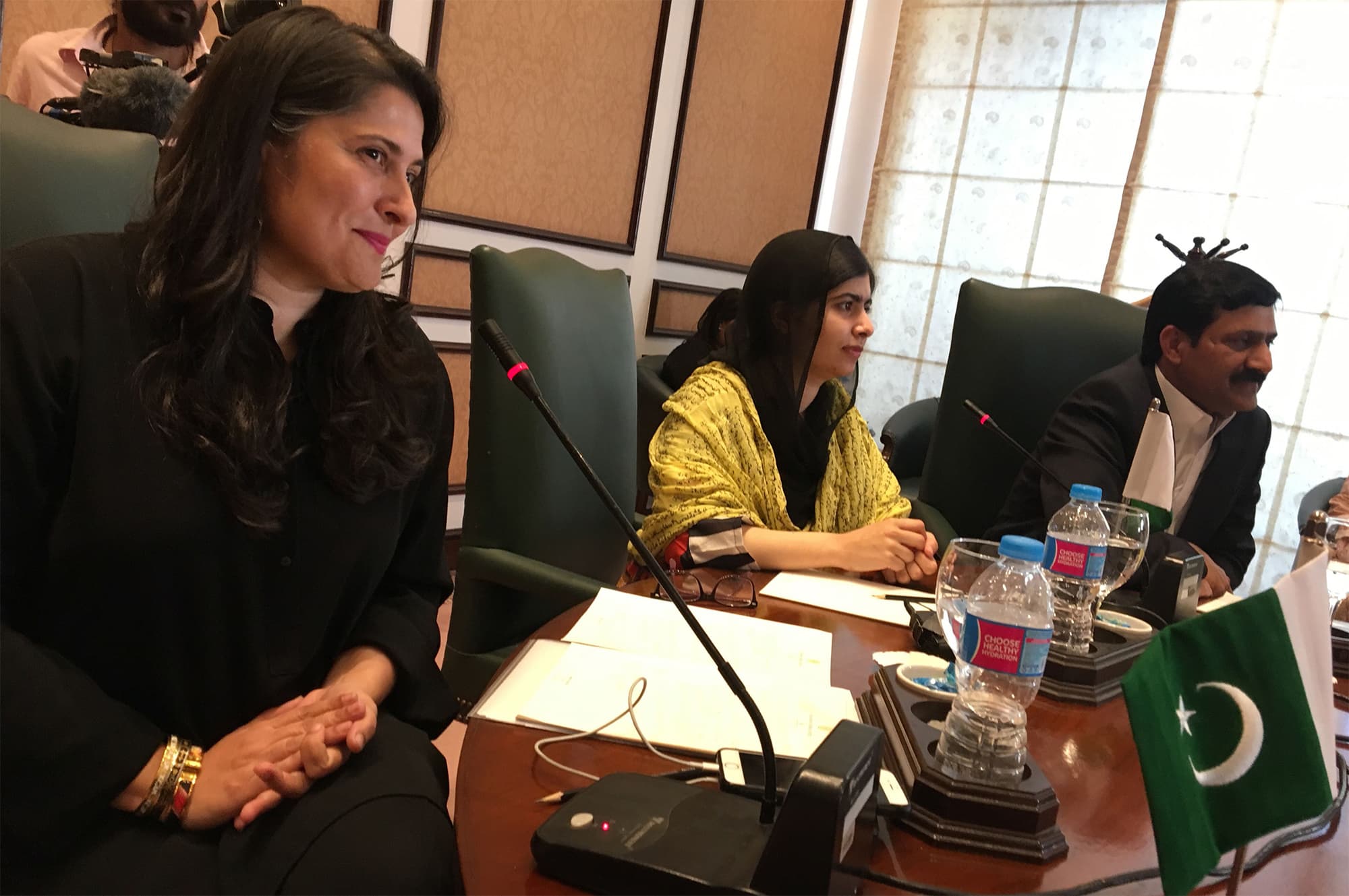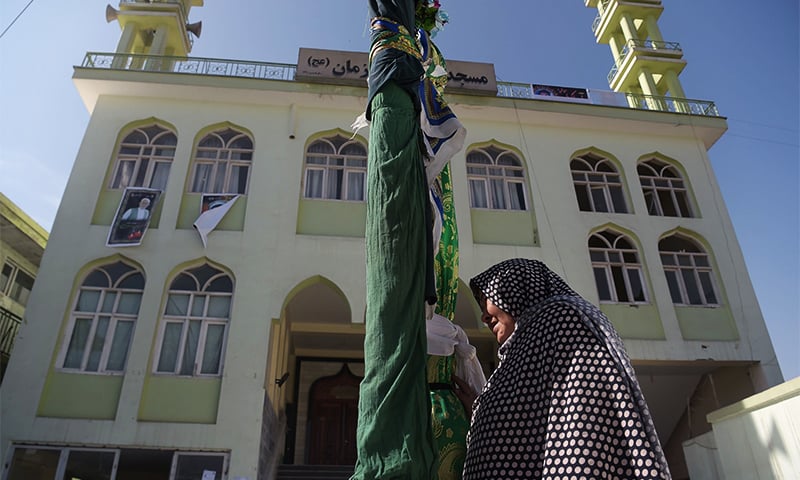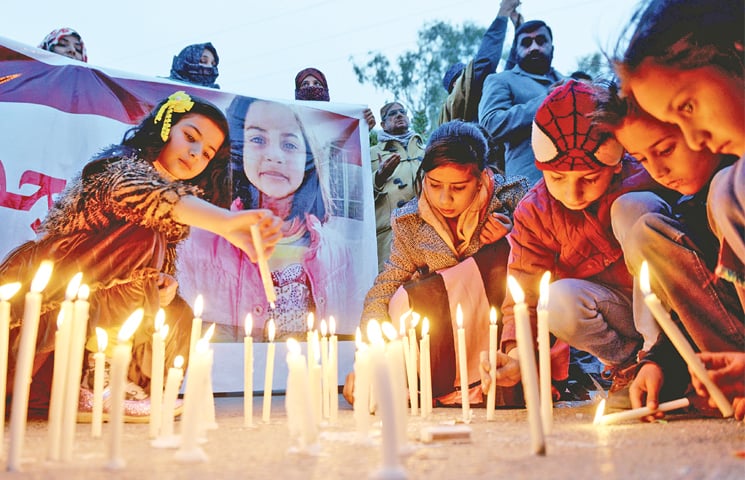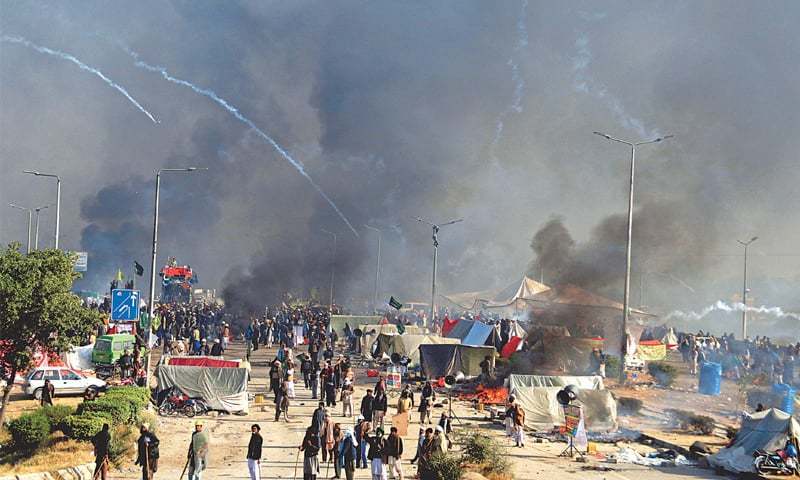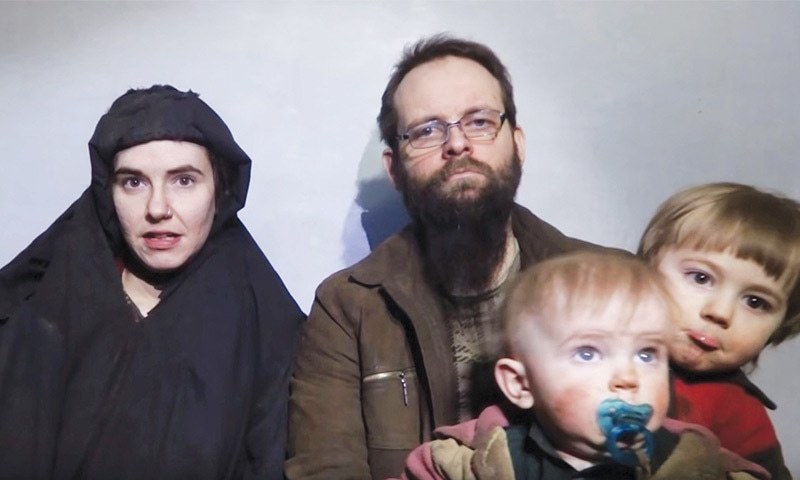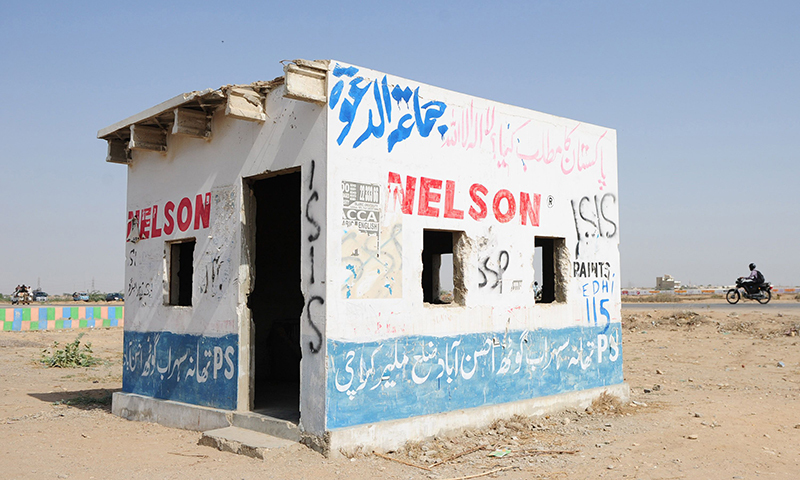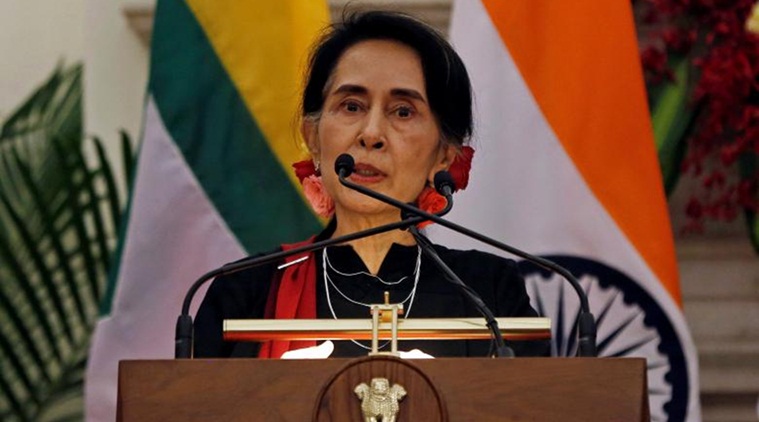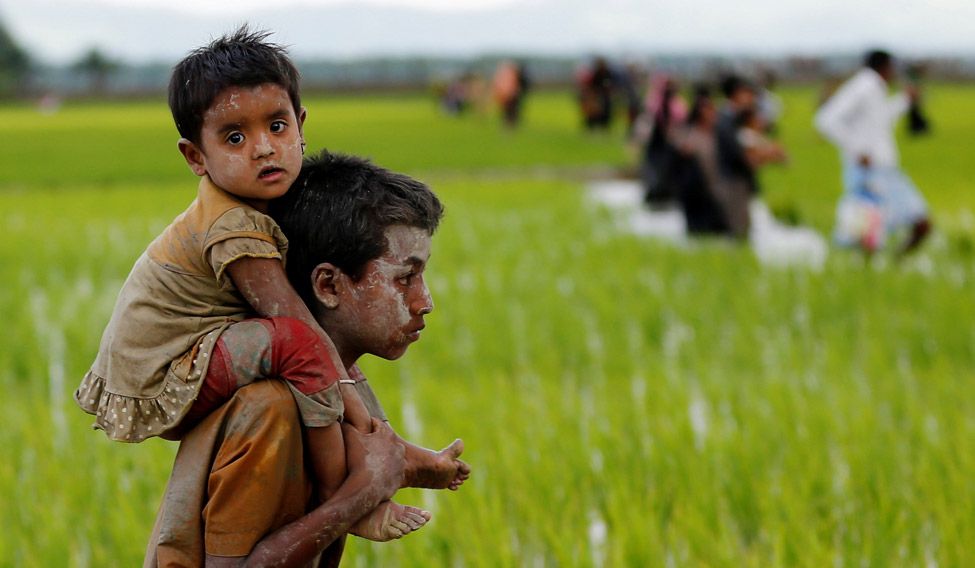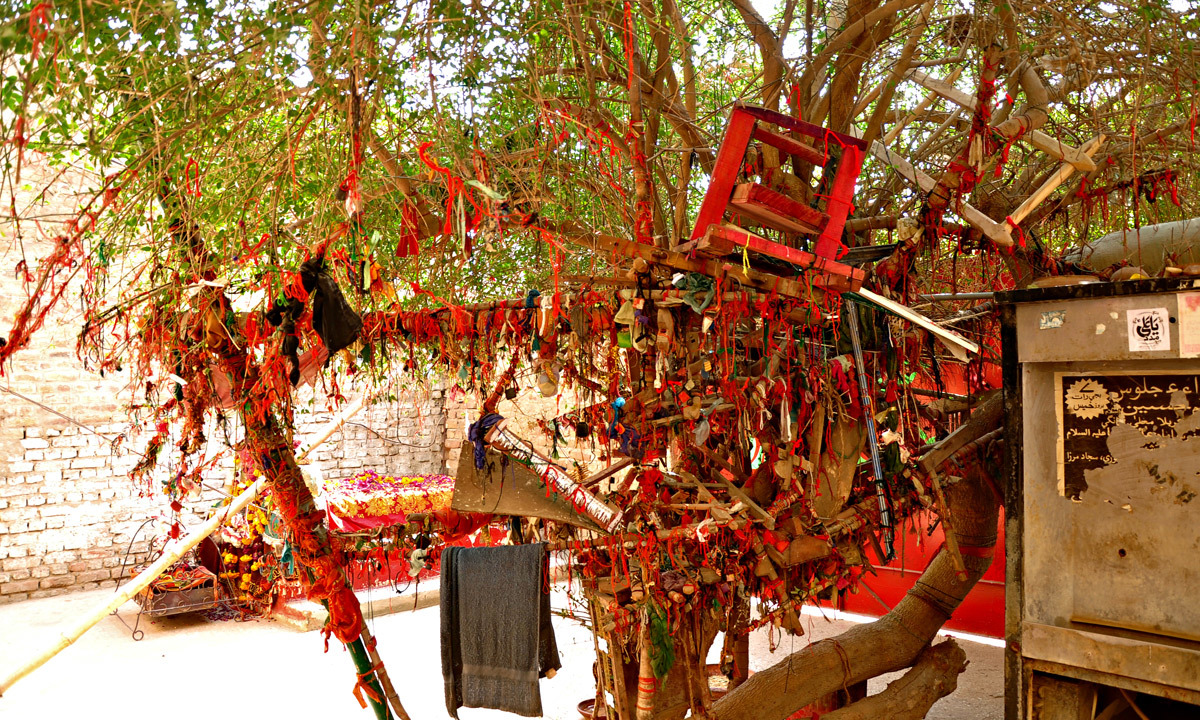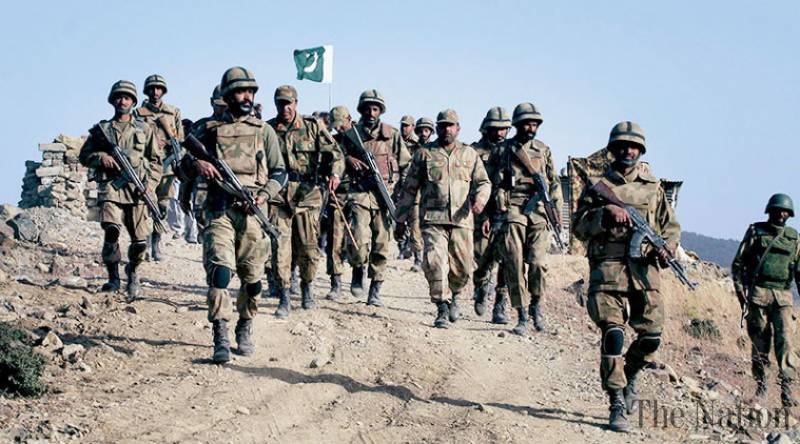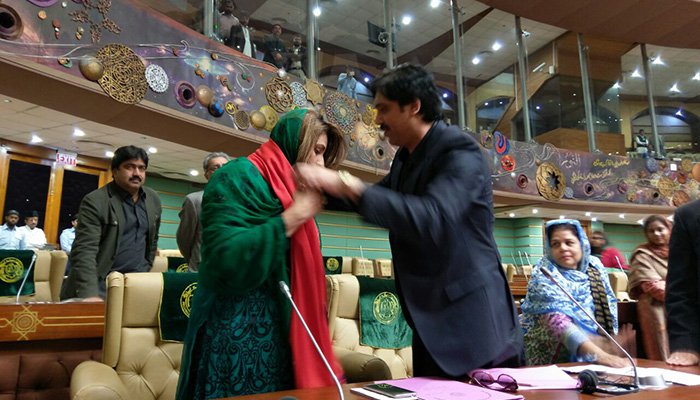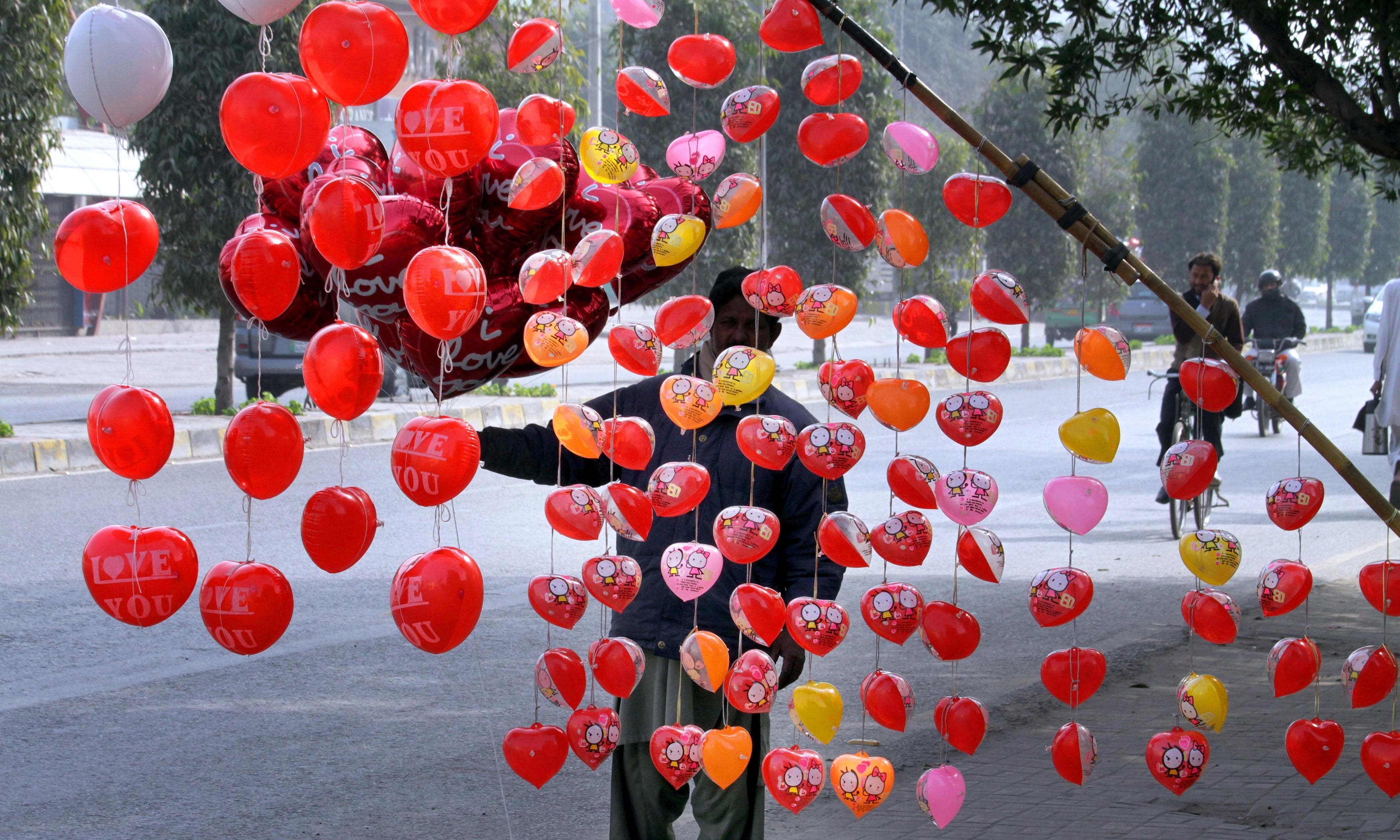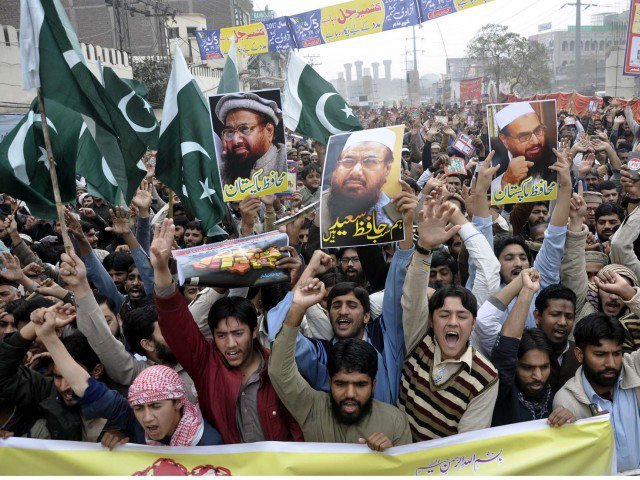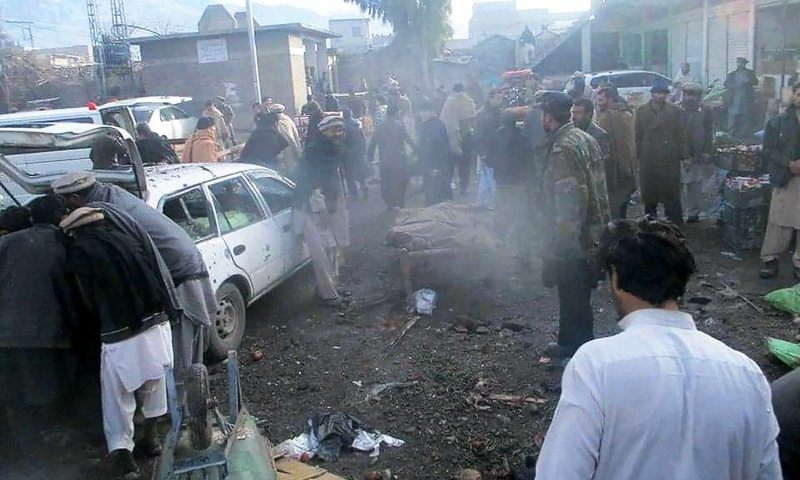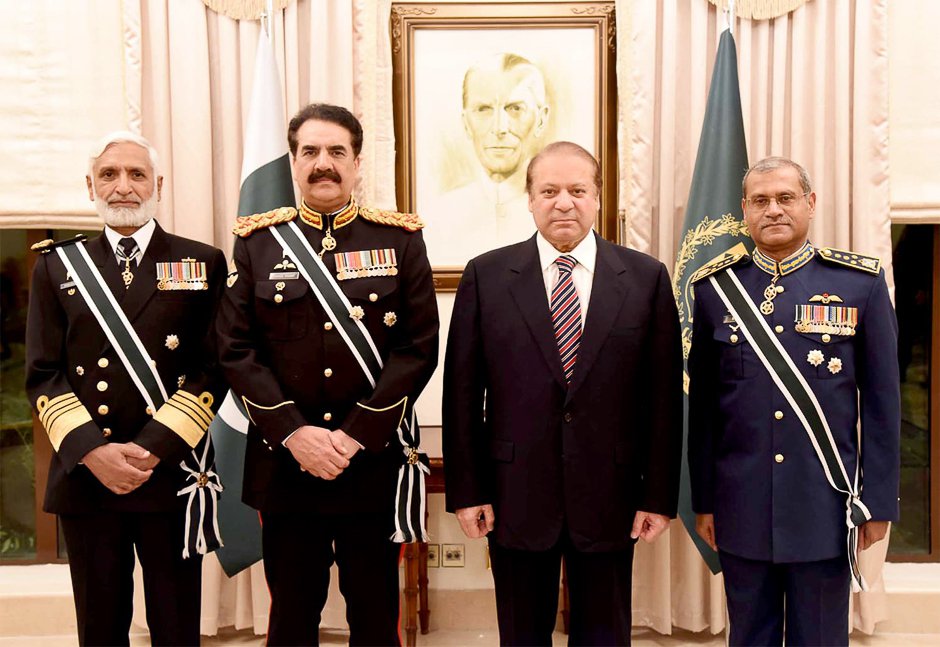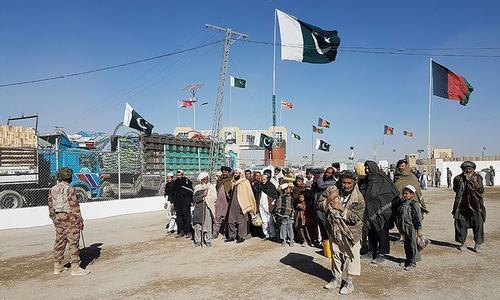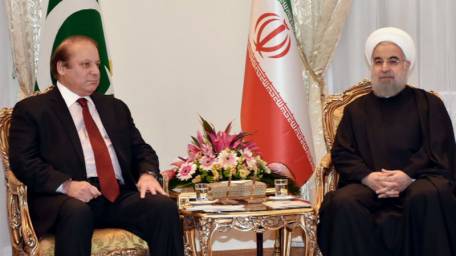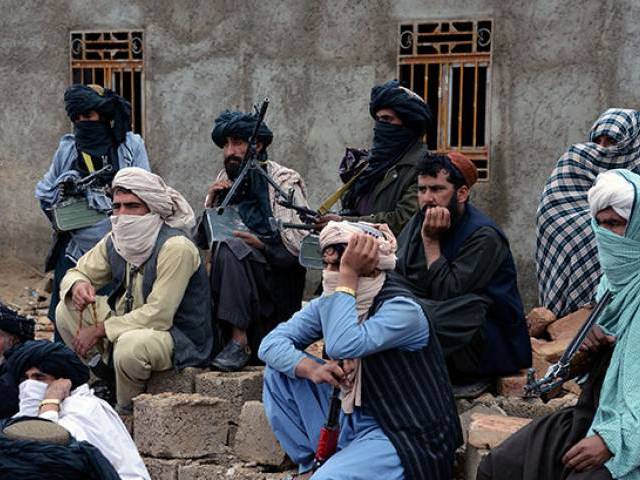CR Analysis
D. Suba Chandran
Professor
International Strategic and Security Studies Programme (ISSSP)
National Institute of Advanced Studies (NIAS), Bangalore
D. Suba Chandran
Professor
International Strategic and Security Studies Programme (ISSSP)
National Institute of Advanced Studies (NIAS), Bangalore
There have been a spate of honour killings in Pakistan in the recent years. This is not the first time that is happening in Pakistan. And this is not happening only in that country. From Afghanistan to India, there have been numerous killings in the name of family honour. Worse, this practice is not only limited to this region, but also to our diaspora who are living in Europe and Canada, but with their roots in South Asia.
For a society, that takes pride in its rich history and social heritage, where did we get afflicted with such an evil practice of killing and justifying our own children, that too in the name of family honour. What honour is left in any family, if it decides to kill its own children, and worse justify the same, in one pretext or another?
Ironically this practice of family honour is primarily limited to our girls and women, and not out our boys and men. In the name of defending our family honour, some of us are willing to kill our daughters and sisters, if she decides to marry outside the caste, tribe or religion; but, if the same is done by our sons and brothers, we are rather willing to ignore and accept. If the primary problem relating to honour is about our people getting married outside the caste, religion and tribe, why should the gender matter here?
The problem for us is not the act; but who commits the same from our family. Only our girls and women can dis-honour us, but not our boys and men. What convoluted logic is this?
A partial answer in explaining this conundrum perhaps is our patriarchal structure and its inherent male chauvinist expression in our society, which sees our girls and women as our property, if not slaves. Patriarchal societies need not necessarily have to be male chauvinist; but ours is. How else can we justify our actions to restrict the movements, actions and even dressing styles of our girls and women?
A section blames the State for its failure to prevent such crimes in the name of honour. The police forces has always been blamed for preventing such attacks, and pursuing a sincere investigation, that would reach its logical conclusion in terms of getting conviction for those who have committed the crime. Unfortunately, the police force in our part of the world has not been gender sensitive or trained in such issues. Rather, they would prefer the families to settle the issues amongst themselves.
A response from one of the senior police officer in Pakistan on one of the cases would underline the problem with the police dealing. He was reported in the media of saying that such crimes (killing in the name of honour) has to be “seen in the context of Pakistani society”. Baffling statement from a responsible government servant, that too a police officer, whose primary task is to prevent crimes or punish the guilty.
From when did we start interpreting criminal activities on the basis of context and where it was committed? A killing of daughter by her own father and brother in public is an abominable crime and monstrous activity, irrespective of wherever it was committed. Where does the “local context” figure in deciding the nature of crime? Such a convoluted logic goes against the very principle that there are certain rights, that are common to every one of us, irrespective of sex, caste, creed and ethnicity.
A similar statement was made earlier by no less than a Senator from Balochistan few years ago. Remember what had happened in 2008 in Balochistan to five women? Two young girls, aged 16-18 in Jafarabad district belonging to the Umrani tribe wanted to marry men of their choice and their mothers were willing to go along with their decision. How can we allow our girls to choose men of their own? Is it not against the \"age old traditions” of ours as our minister himself thundered in the Parliament, with the rest of legislators watching and listening to his performance, as the protector and custodian of the society?
So what did finally happen to those five women? They were dragged (ironically by the brother of a provincial minister, in a jeep with Balochistan government number plate), shot and burnt alive. Is there a better way to protect our family honour and the centuries old traditions of ours? If our own Senator has to make such a statement in Parliament and underline that he would continue to defend, where else can we go?
The problem is not only with the police, or those who makes laws on such issues. We as a society have to take the primary blame. Remember what happened in Lahore later? A poor woman was stoned to death in front of a huge crowd that watched it silently. A majority of decisions that we make as a society in our panchayats at the grassroots level are narrowly based on our patriarchal leanings. If we have to count the number of killings and rapes sanctioned by local panchayats for what is considered to be in the name of security our family or caste or tribe, then the numbers should be staggering.
It is not that, our region is the only one that is afflicted with this phenomenon. Multiple societies in history from Europe to East Asia have done terrible things in the name of honour; but then, as the civilizations emerged and later when the nation states started codifying laws and regulations, many of those barbaric practices were given up.
There should not be any rational explanation either in terms of tradition or culture in justifying our action in the name of honour. Certain rights are universal. There is no such thing as “honour” in massacring our women and girls. There is only killing and evil. Let us not try to justify the evil in us under any pretext.
The above was originally published in the Rising Kashmir.
